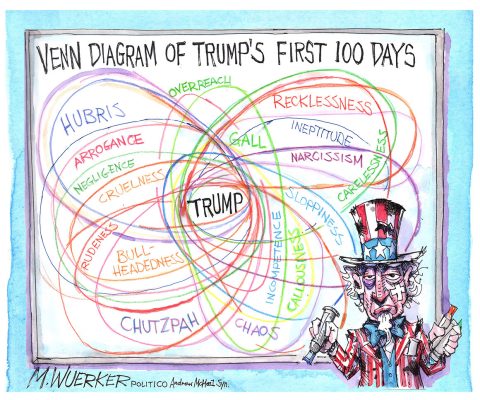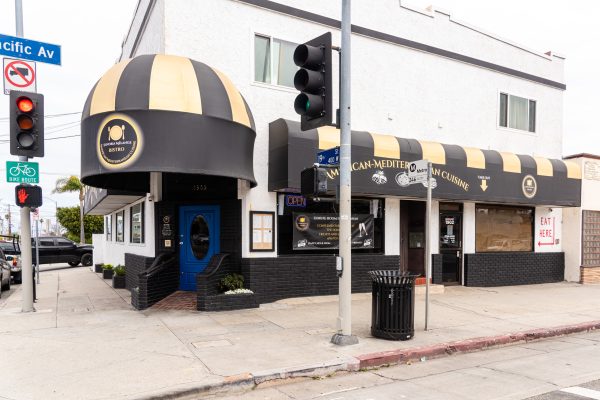
Overcoming concerns about going over budget, the Manhattan Beach City Council approved a contract for the construction of a “skate spot” in an East Manhattan park at its Tuesday night meeting.
Construction on the Marine Avenue Park skate spot will begin October 10 and is set to be completed by December 16. When completed, the location will feature a variety of rails, ramps and copings for skaters to enjoy.
Awarding the contract to Los Angeles-based Salix Development Company represents one of the final steps in securing a skatepark for the city, which councilmembers described as a goal “decades” in the making. But the project, which could wind up costing far more than initially thought, also exposed a rift among the council over budgetary issues.
In March of this year, the city was awarded a $300,000 grant from the Los Angeles County Regional Park and Open Space District for the construction of a skatepark. About the same time, city staff conducted a tour of the chosen area with a skatepark consultant, who told staff that a park of this size could be built for $300,000.
But at Tuesday night’s meeting, Parks and Recreation Director Mark Leyman asked the city to appropriate an additional $170,000 for the park’s completion. Although some of the added money represents a construction contingency fund and may not all be spent, Councilmember Mark Burton and Mayor Tony D’Errico objected that the project had originally been approved on the assumption that it would not require the appropriation of city funds.
“We had numerous discussions about this not costing taxpayers a penny,” D’Errico said.
But other council members, while echoing the need for fiscal discipline, objected that the distinction between funds from the county and funds from the city was specious.
“These are county dollars, and they are taxpayers dollars,” said Mayor pro tem David Lesser.
Both D’Errico and Burton ultimately voted against the the contract, which was approved on a 3-2 vote. The added $170,000 will come from unencumbered money in the city’s Capital Improvement Projects fund.
Several factors were behind the cost overruns.
City Engineer Prem Kumar explained that construction of skateparks is a specialized subfield, and that the smooth concrete favored by skaters requires highly skilled labor. Additionally, the skate spot’s location within the park — some distance away from a road — makes access by concrete trucks difficult, and will require advanced concrete pumping equipment.
But council members, including those who ultimately supported the contract, noted that this information was known to staff at the time. It emerged that difficulties of administration, not of construction, also factored in.
Manhattan has chosen to build during a boom in skate park construction, Leyman and Kumar explained, and many of the firms capable of handling the specialized work are already overbooked, giving the city limited leverage. Additionally, the relatively rapid timetable — a projected 66 days from beginning to end — means that the city will be paying out some overtime, on top of the premium paid for skilled concrete workers.
The quick construction was planned in part so that the project could be completed in advance of the retirement of L.A. County Supervisor Don Knabe, who helped the city secure the $300,000 grant, Leyman said. Staff reached out to the supervisor’s office to see if the timetable could be extended. Although Leyman said that Knabe’s office did not object to an extended project, at that point the project had already been put out to bid. And City Attorney Quinn Barrow told council members Tuesday night that state open-bidding laws governing public projects meant that a change in the project’s timetable, or modifications to simplify the design, would likely obligate the city to reopen the bidding process, further delaying construction and potentially increasing costs even further.
Confronted with this information, Burton proposed using the council’s $100,000 discretionary funds to cover a portion of the overage, rather than taking it from the city’s capital improvements fund. This idea failed to attract support from the majority, who emphasized that the park had long been a priority, and was ultimately a bargain.
“It’s more than we projected, it’s more than we got from the supervisors,” said council member Amy Howorth. “But we’re still getting a potentially $470,000 park for less than $170,000.”








